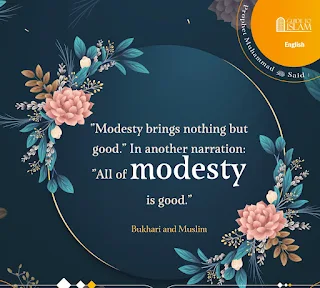In Prayer & with Good Manners (Part 1)
The importance of Salat (especially the
Obligatory Prayers) and the richness of good conduct, and remaining in the
state of good conduct, are among the greatest responsibilities that parents
must instill and implement in the lives of their children. They must keep in
mind that this is a non‑negotiable subject which encompasses the entire
life of a Muslim. Prayer (Salat) is not merely a formal obligation; it
is a spiritual discipline which shapes character, purifies the heart, and
brings man closer to his Creator.
Allah says in the Qur’an:
“Wa aqimis‑salata li Zikri”
And establish the
prayer for My remembrance.
(Taha 20: 15)
This verse shows
that Salat is a constant reminder of Allah, a protection against
forgetfulness, and a light for life. In the Qur’an, Allah says:
“Innas‑Salata tanha ‘anil fahshaa’i wal
munkar”
Surely prayer
restrains from shameful and unjust deeds. (Al‑‘Ankabut 29: 46)
This proves that Salat (Prayer) is a means of disciplining behaviour and keeping man away from sin.
















